Q&A: Graham Palmer, Intel UK MD
We spoke to the UK managing director of chip giant Intel to get his thoughts on the company's recent Small Business Index research and industry at large changes during the past year.

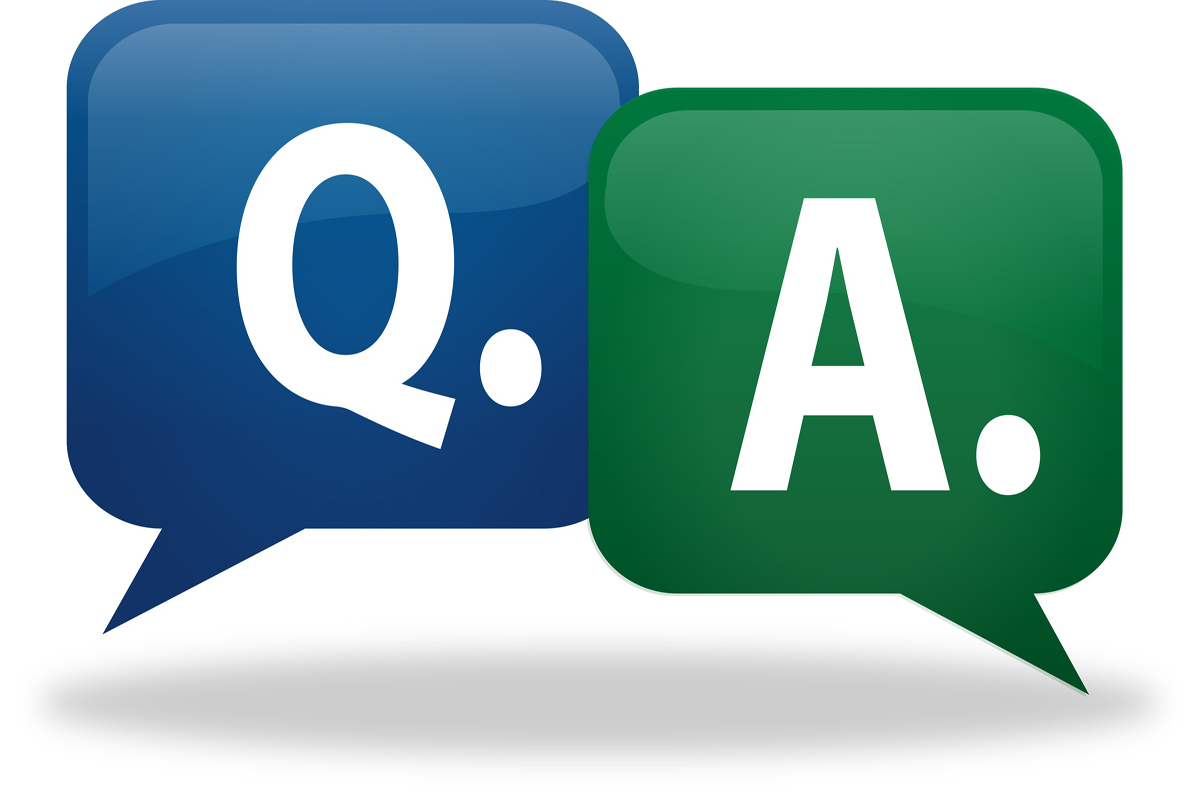
Surely it must be difficult to convince SMEs they need to continue to spend when budgets are smaller than ever?
SMEs are trying to juggle an increasingly difficult set of priorities all the time. It's about trying to maintain the conversation that gets SMEs to realise that IT is a key part of their offering in terms of delivering what it is they're delivering to their customers. It's also key to being more efficient.
If they've got sales guys on the road, then being able to, very quickly and in a very simple way, remotely diagnose what's wrong with a laptop can get your very precious resources back up and online more faster. As a small business, you're more dependent on your limited people so your IT needs to be even more tightly managed and controlled.
You can absolutely understand why IT investment falls down the priority list.
There's clearly no substitute now for the transacting speed of business that IT offers.
You can absolutely understand why IT investment falls down the priority list. However, as an industry we need to ensure that SMEs, just like large businesses, are away of the legal responsibilities they have around customer data. And, how at the same time, they need to continue to be flexible and innovate and secure their equipment.
We've all seen the stories of people losing laptops and USB sticks. But many modern laptops have technology built into them that enables them to be remotely disabled. SMEs may hold lots of highly confidential information on such devices and distribute it in this way. As such, security is a key part of the puzzle. It's not expensive either and it's already included in most of the technology available to SMEs. It enables them to make the most of the billions of dollars of investment the likes of Intel and others in the industry are making to help them become more efficient and more secure.
Sign up today and you will receive a free copy of our Future Focus 2025 report - the leading guidance on AI, cybersecurity and other IT challenges as per 700+ senior executives
It's about having that conversation to ensure IT doesn't drop of the list in terms of priorities.
There's lots of talk of the consumerisation of IT and bring your own device (BYOD). This wave is both an opportunity and a threat so how do you go about convincing smaller businesses, with small resources, this is a good thing?
The scenario you paint is very accurate for large and small businesses alike.
Maggie has been a journalist since 1999, starting her career as an editorial assistant on then-weekly magazine Computing, before working her way up to senior reporter level. In 2006, just weeks before ITPro was launched, Maggie joined Dennis Publishing as a reporter. Having worked her way up to editor of ITPro, she was appointed group editor of CloudPro and ITPro in April 2012. She became the editorial director and took responsibility for ChannelPro, in 2016.
Her areas of particular interest, aside from cloud, include management and C-level issues, the business value of technology, green and environmental issues and careers to name but a few.
-
 The modern workplace: Standardizing collaboration for the enterprise IT leader
The modern workplace: Standardizing collaboration for the enterprise IT leaderHow Barco ClickShare Hub is redefining the meeting room
-
 Interim CISA chief uploaded sensitive documents to a public version of ChatGPT
Interim CISA chief uploaded sensitive documents to a public version of ChatGPTNews The incident at CISA raises yet more concerns about the rise of ‘shadow AI’ and data protection risks
-
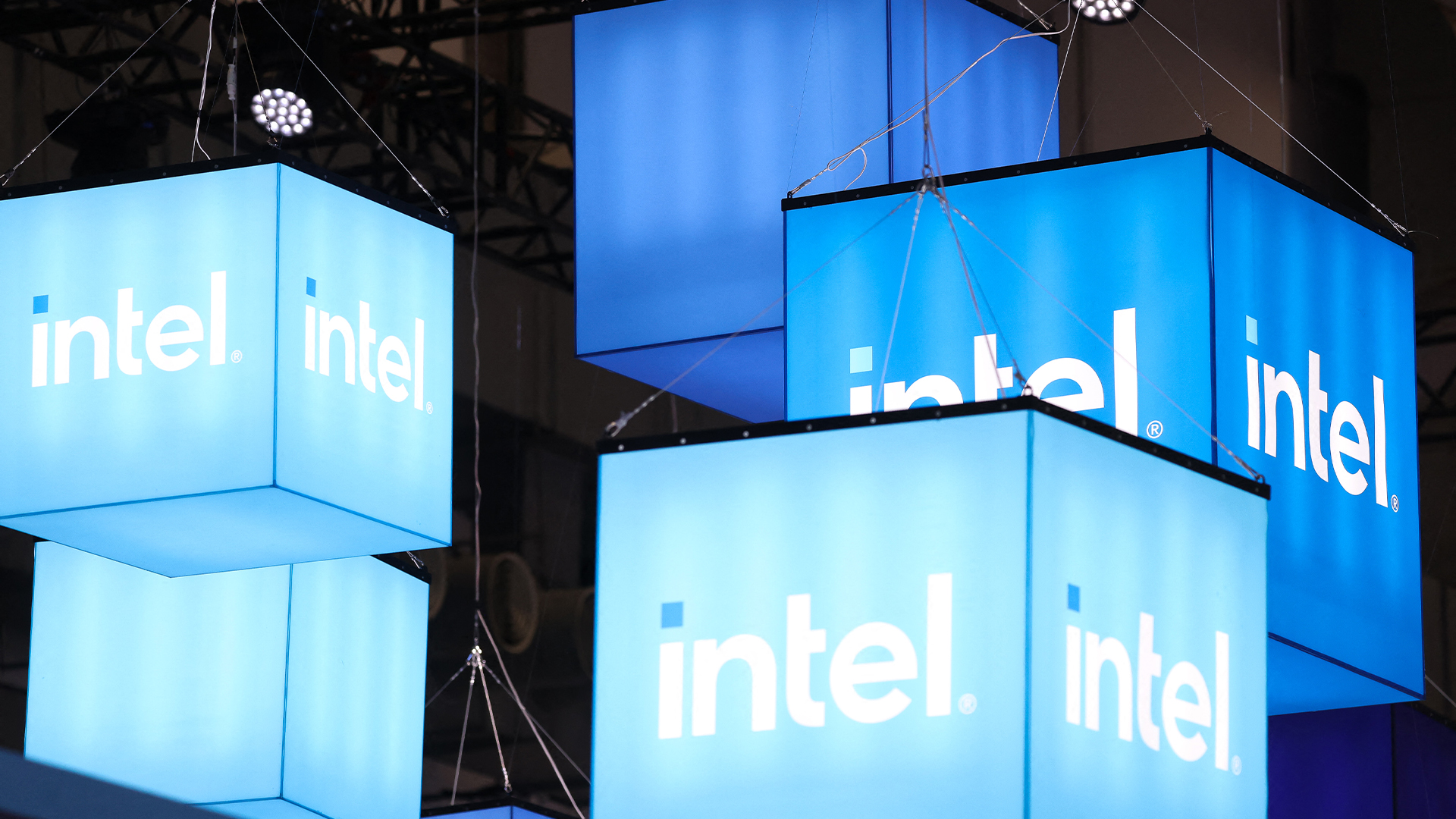 Laid off Intel engineer accused of stealing 18,000 files on the way out
Laid off Intel engineer accused of stealing 18,000 files on the way outNews Intel wants the files back, so it's filed a lawsuit claiming $250,000 in damages
-
 Scania admits leak of data after extortion attempt
Scania admits leak of data after extortion attemptNews Hacker stole 34,000 files from a third-party managed website, trucking company says
-
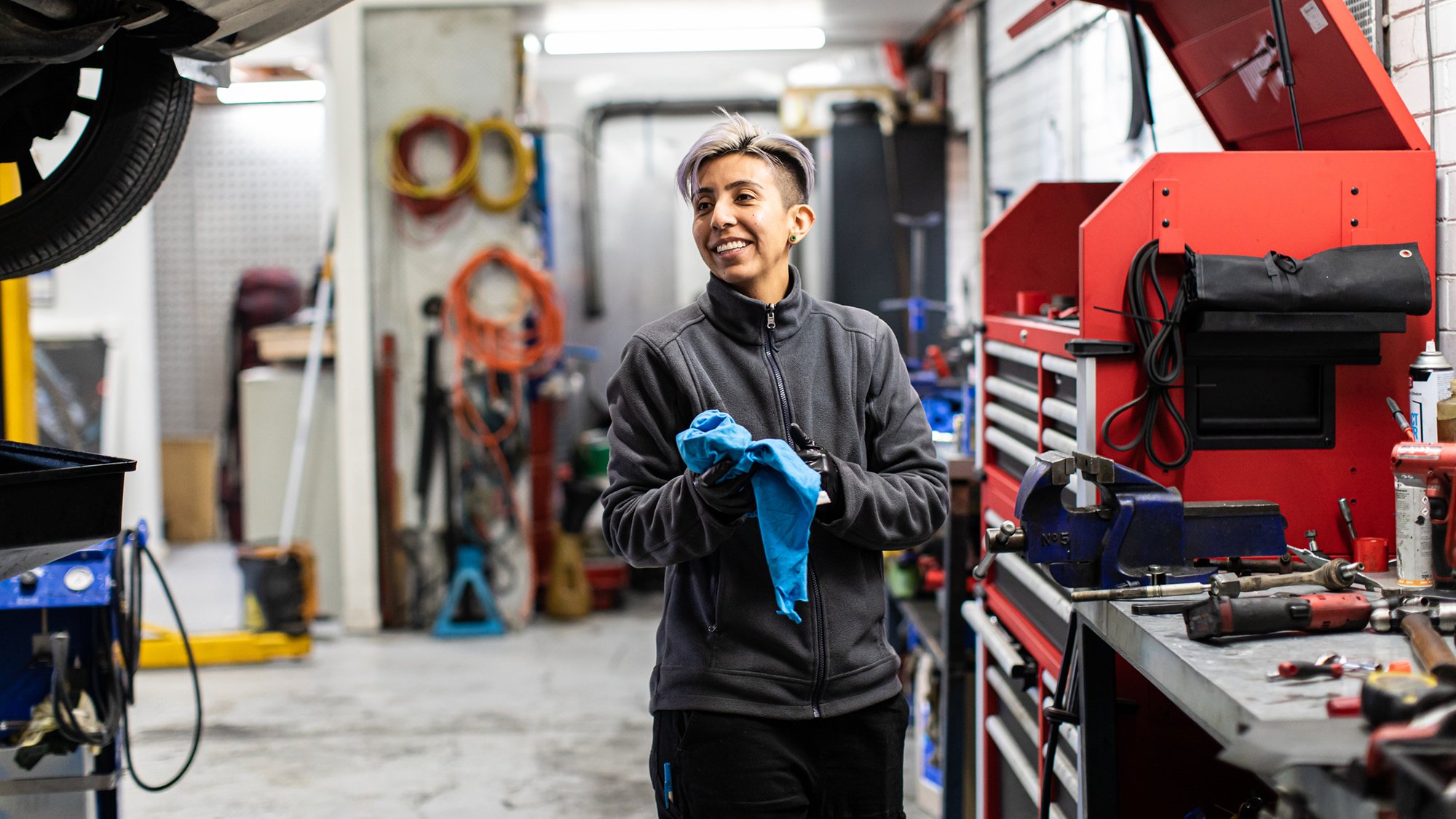 Cyber criminals widen the net to target tradespeople
Cyber criminals widen the net to target tradespeopleTradespeople are being warned to take the potential of cyber attacks more seriously after new research showed almost two-thirds had fallen victim to at least one successful attempt in the past.
-
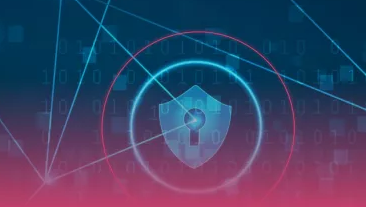 PowerEdge - Cyber resilient infrastructure for a Zero Trust world
PowerEdge - Cyber resilient infrastructure for a Zero Trust worldWhitepaper Combat threats with an in-depth security stance focused on data security
-
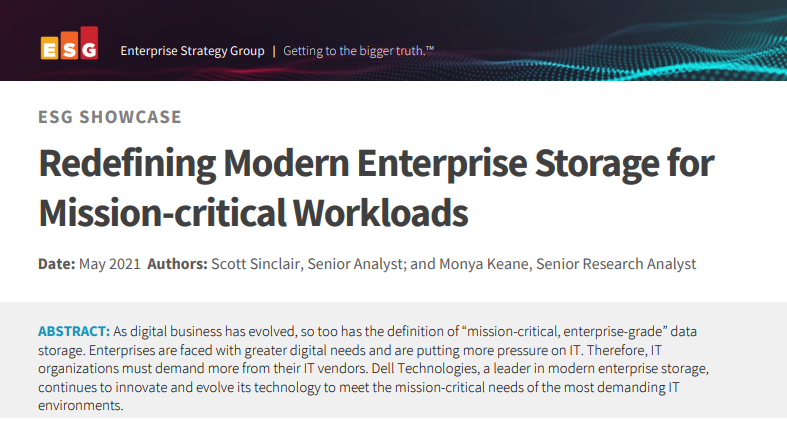 Redefining modern enterprise storage for mission-critical workloads
Redefining modern enterprise storage for mission-critical workloadsWhitepaper Evolving technology to meet the mission-critical needs of the most demanding IT environments
-
 The business value of storage solutions from Dell Technologies
The business value of storage solutions from Dell TechnologiesWhitepaper Streamline your IT infrastructure while meeting the demands of digital transformation
-
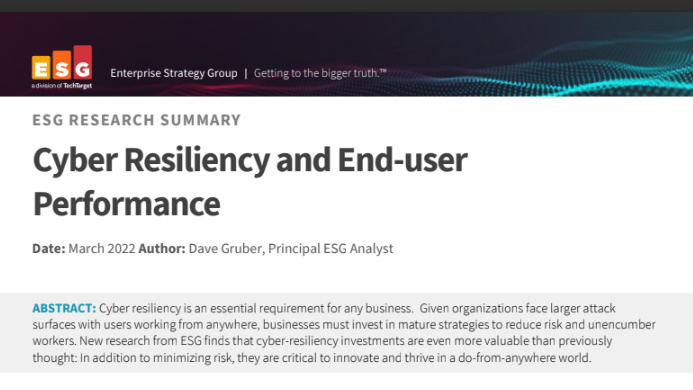 Cyber resiliency and end-user performance
Cyber resiliency and end-user performanceWhitepaper Reduce risk and deliver greater business success with cyber-resilience capabilities
-
 Capita tells pension provider to 'assume' nearly 500,000 customers' data stolen
Capita tells pension provider to 'assume' nearly 500,000 customers' data stolenCapita told the pension provider to “work on the assumption” that data had been stolen
